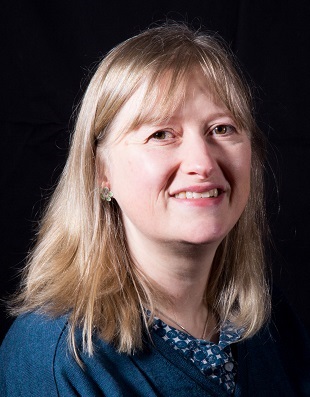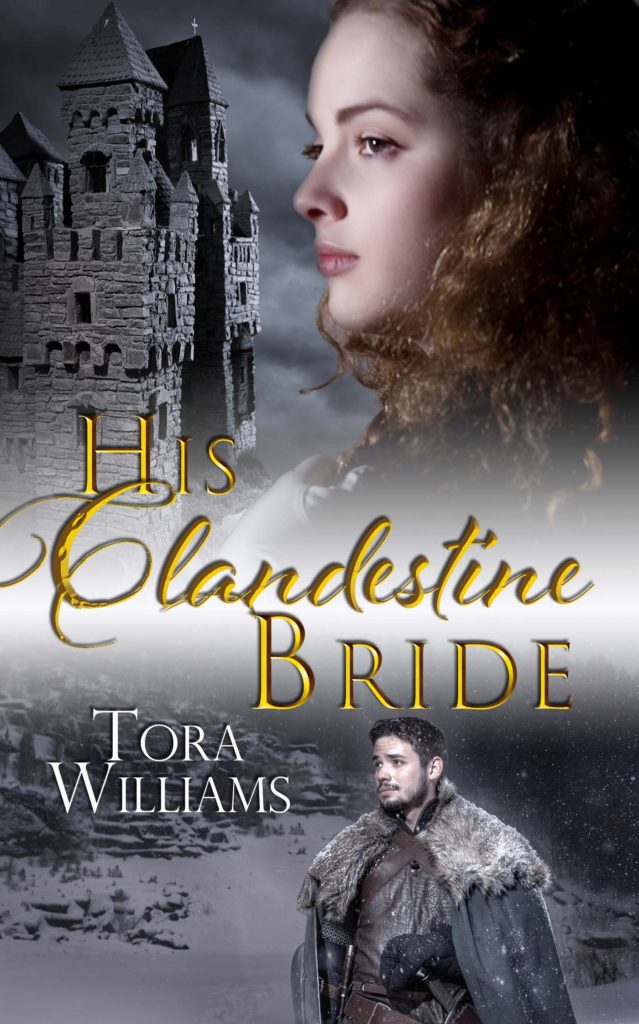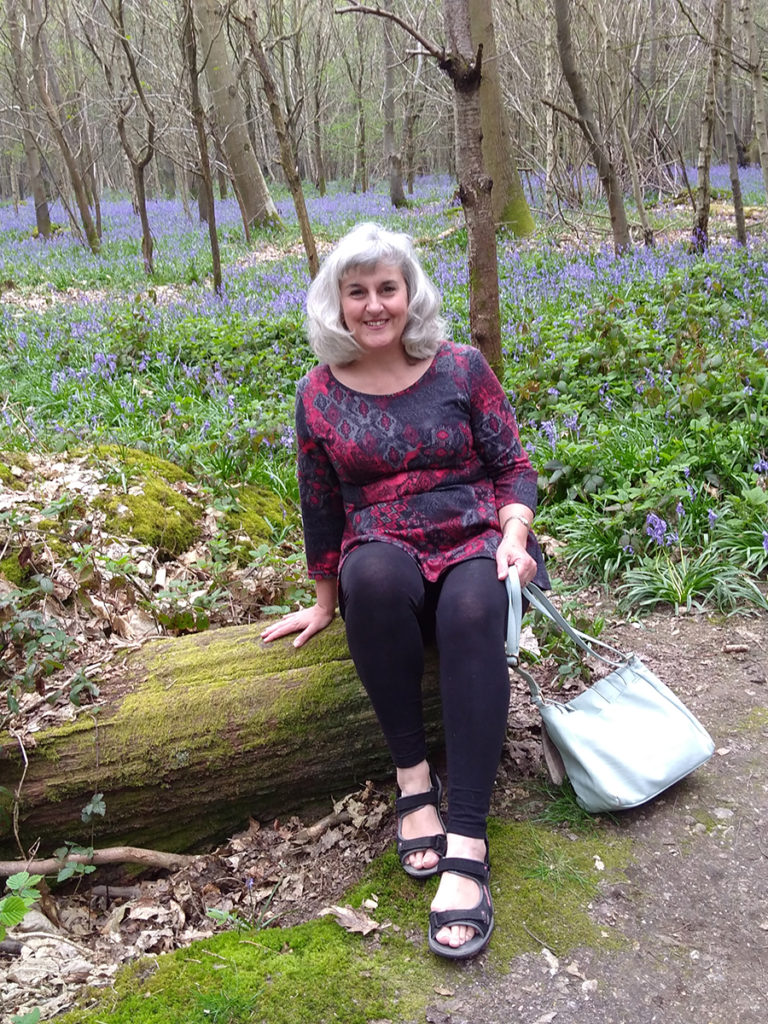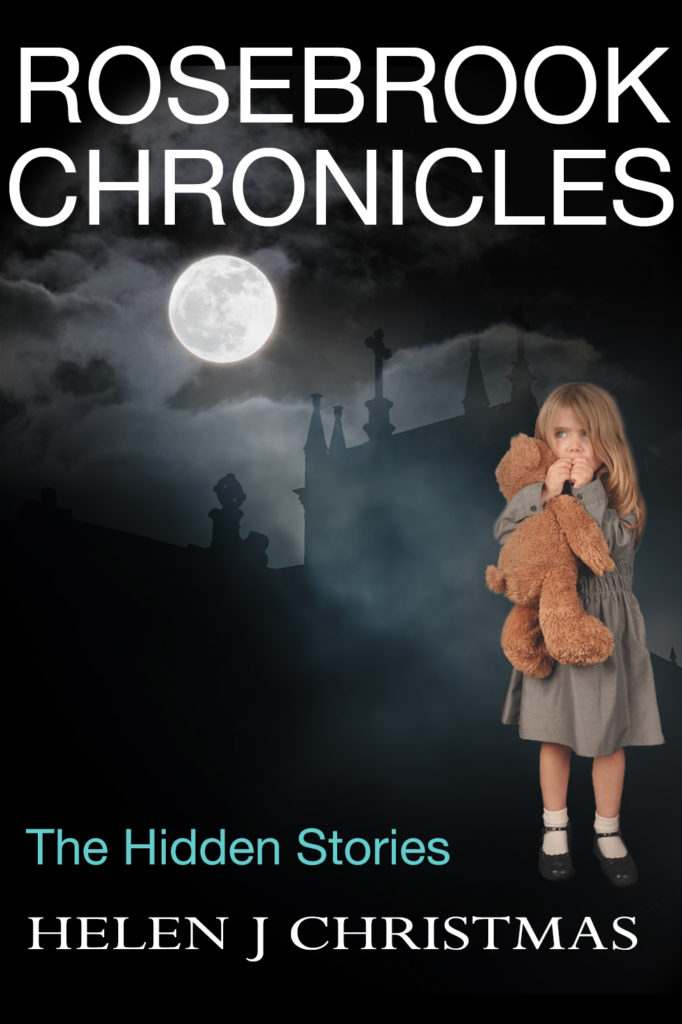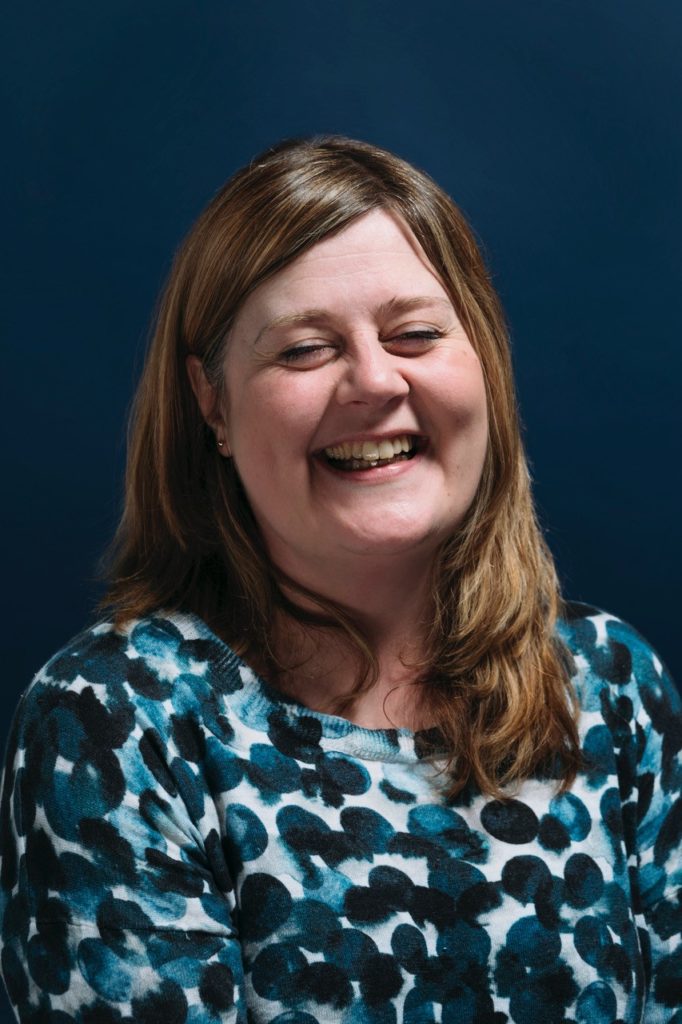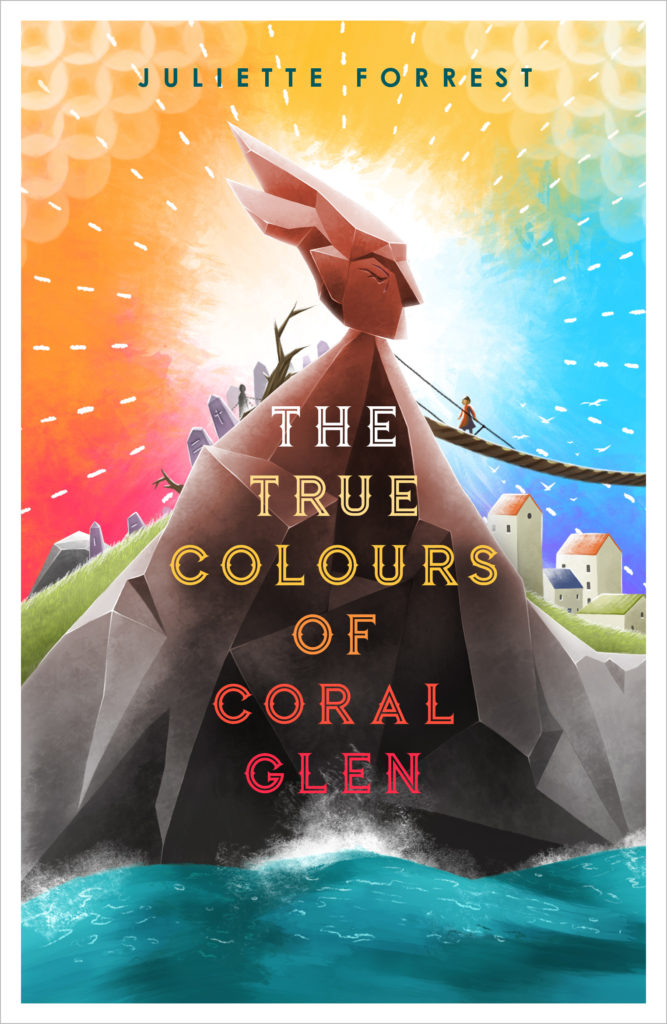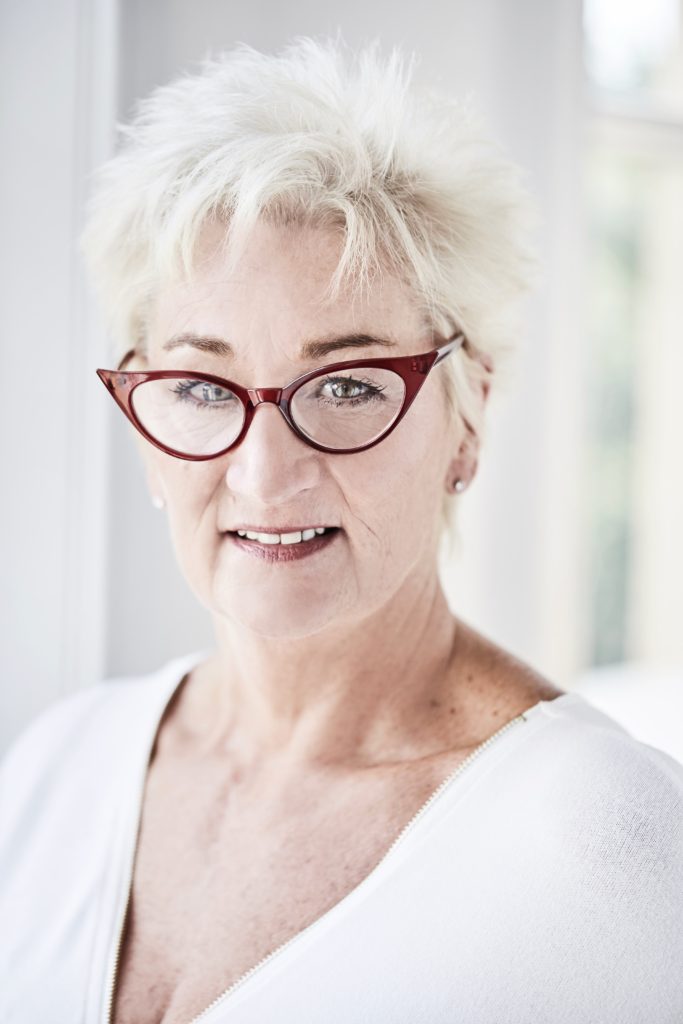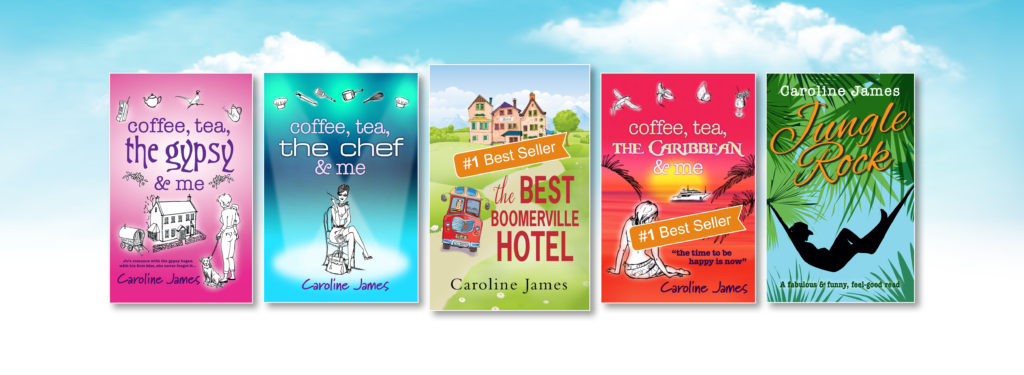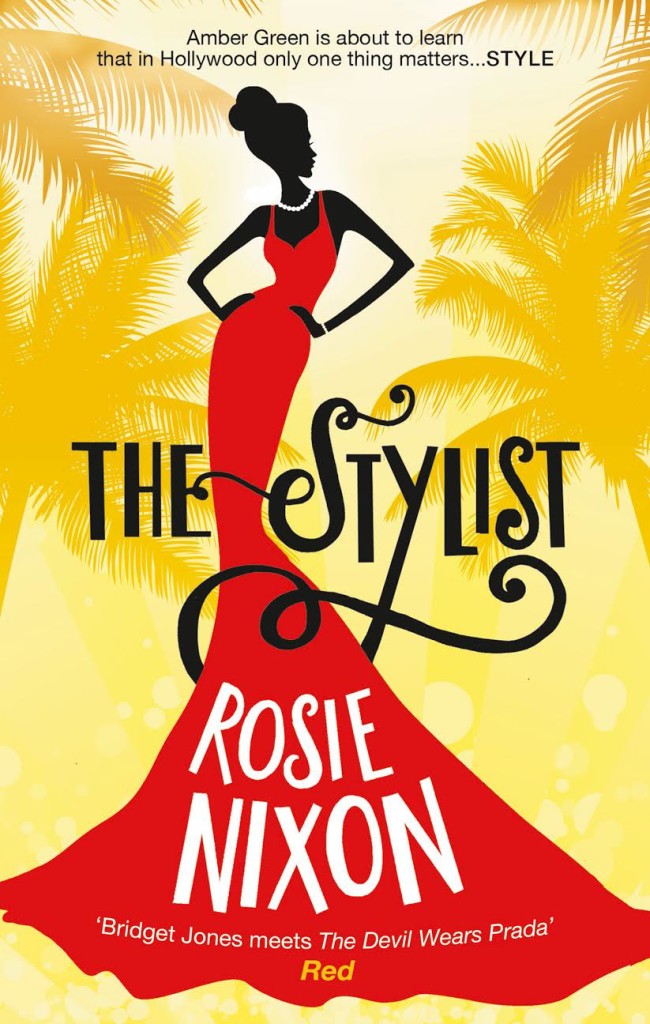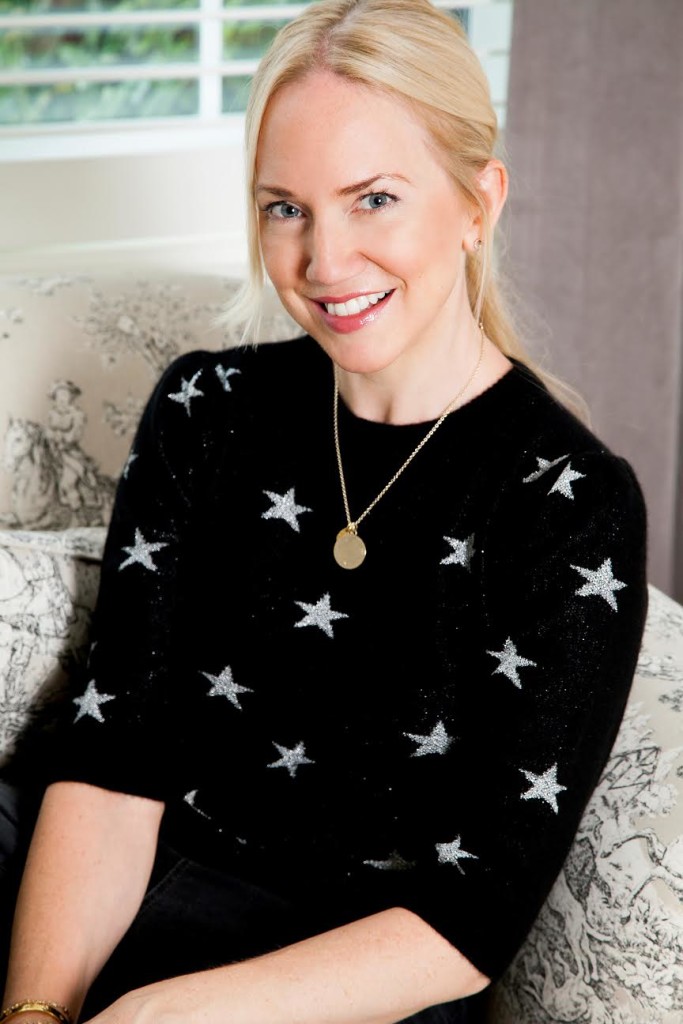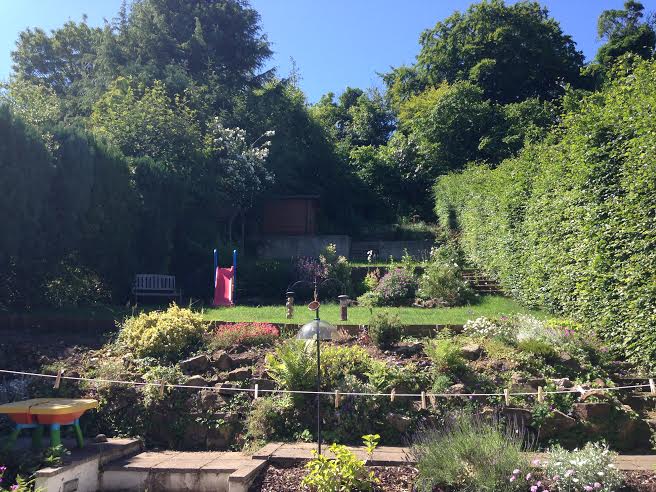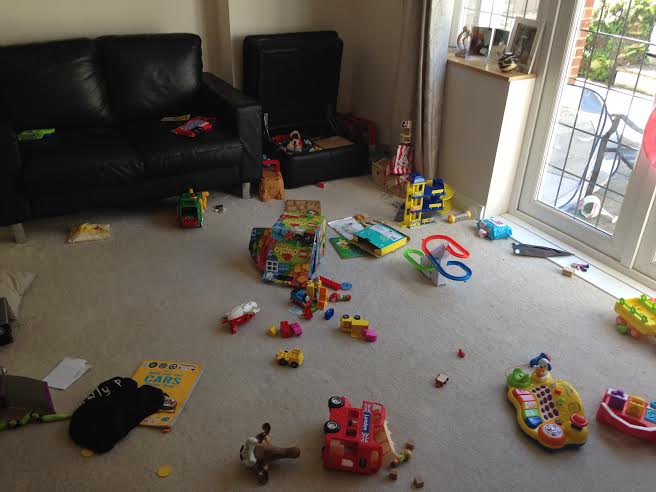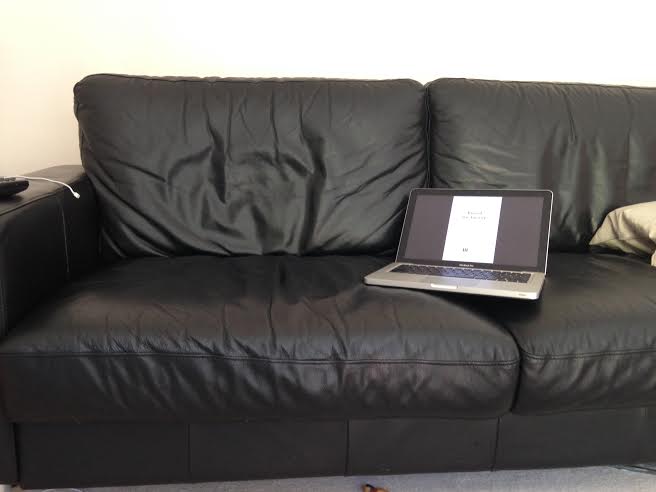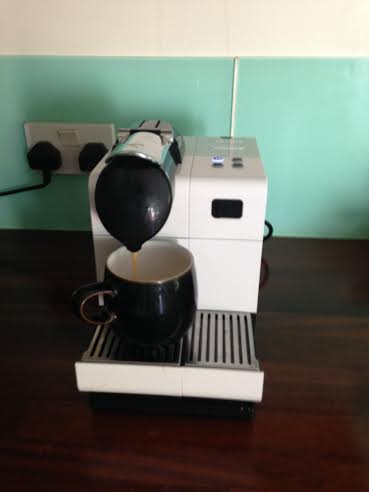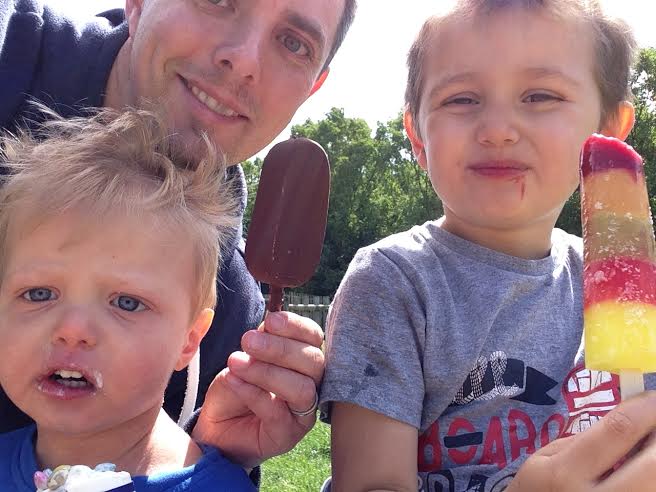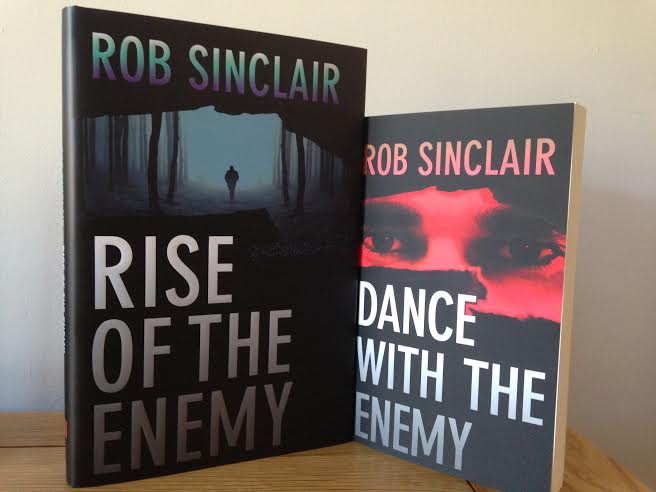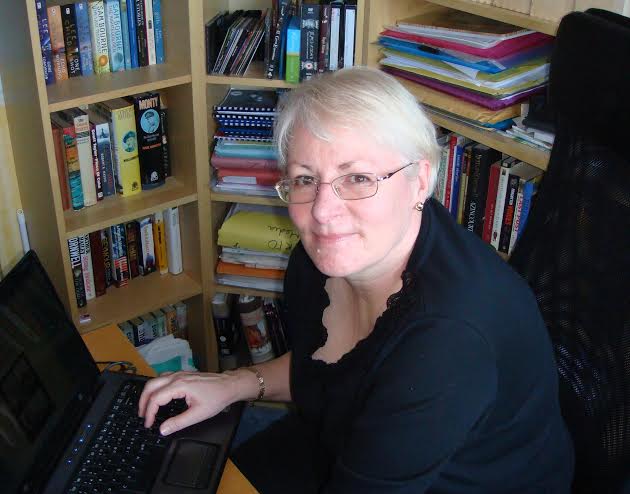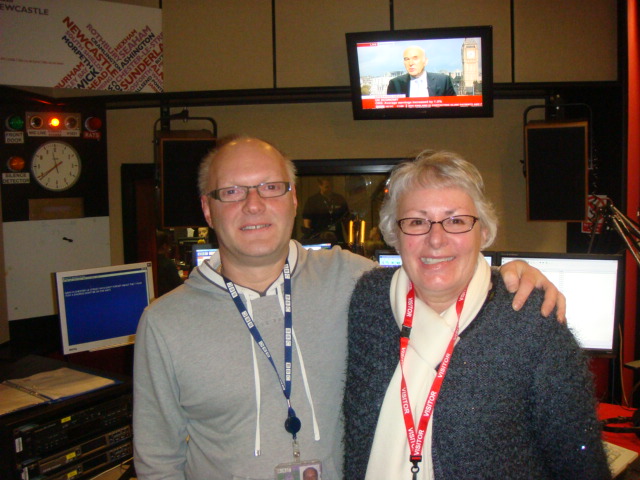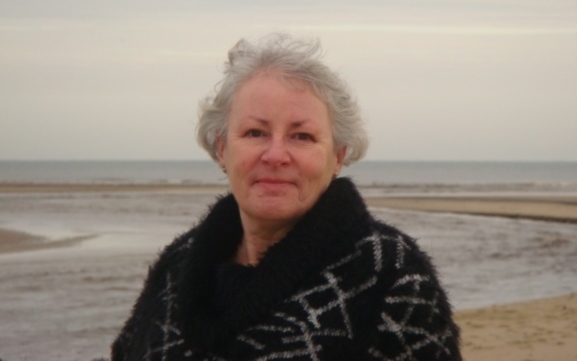I’m one of those people who was always wanting to write a book, but could never find the time to write. Not that I wrote nothing at all—I used to write fan fiction and short stories purely for my own entertainment—but I never quite believed that anyone else would be interested in reading anything I might write. Then about ten years ago I signed up for an Open University course on writing fiction and was encouraged by the feedback I got. Suddenly writing a novel didn’t seem such an impossible task, and I started writing seriously. Much to my parents’ horror, I resigned from my job and set up as a maths tutor and freelance proofreader to give myself more time to write.
What you have written, past and present.
I write historical romance, set in medieval Wales and the Welsh Marches. My debut novel, Bound to Her Blood Enemy, was published by The Wild Rose Press last year. They’ve now published two more of my books, the latest one being His Clandestine Bride, published in March. I’m currently editing a fourth medieval romance with others at various stages of completion.
A bit about your process of writing.
I try to get up early and write between about 5 and 7am. I then get on with my day job until mid-afternoon, then return to writing. If I don’t write first thing in the morning, I find it really difficult to write later in the day, so I have to be strict.
Do you plan or just write?
A bit of both. Before starting a new story, I plan the hero and heroine’s characters and have a rough idea of where the plot is going, but after that I write as the story comes to me.
What about word count?
I try to write 1000 words a day. If I can get down 500 words in the morning, writing another 500 later on never seems like too terrible a task.
How do you do your structure?
I don’t consciously follow a structure when writing the first draft, but when editing I always find the story falls roughly into a 3-act structure and I edit to firm up that structure.
What do you find hard about writing?
Every day it’s a struggle to force myself to silence the inner voice telling me the story is rubbish and no one will want to read it. Once I get going that voice goes away, but dragging myself out of bed every morning to turn on my computer is never easy.
What do you love about writing?
I love dreaming up the characters who inhabit my stories and get a real rush planning how they’re going to achieve their happy-ever-after. It’s the best job in the world. Who else can say they’re a professional daydreamer?
Advice for other writers.
Take every opportunity to connect with other writers. Writing is a lonely business and rejections can be hard to handle. Meeting others going through the same experience can help you stay sane and provide the motivation and encouragement to keep going, especially when your family and friends think you’ve lost your mind!

